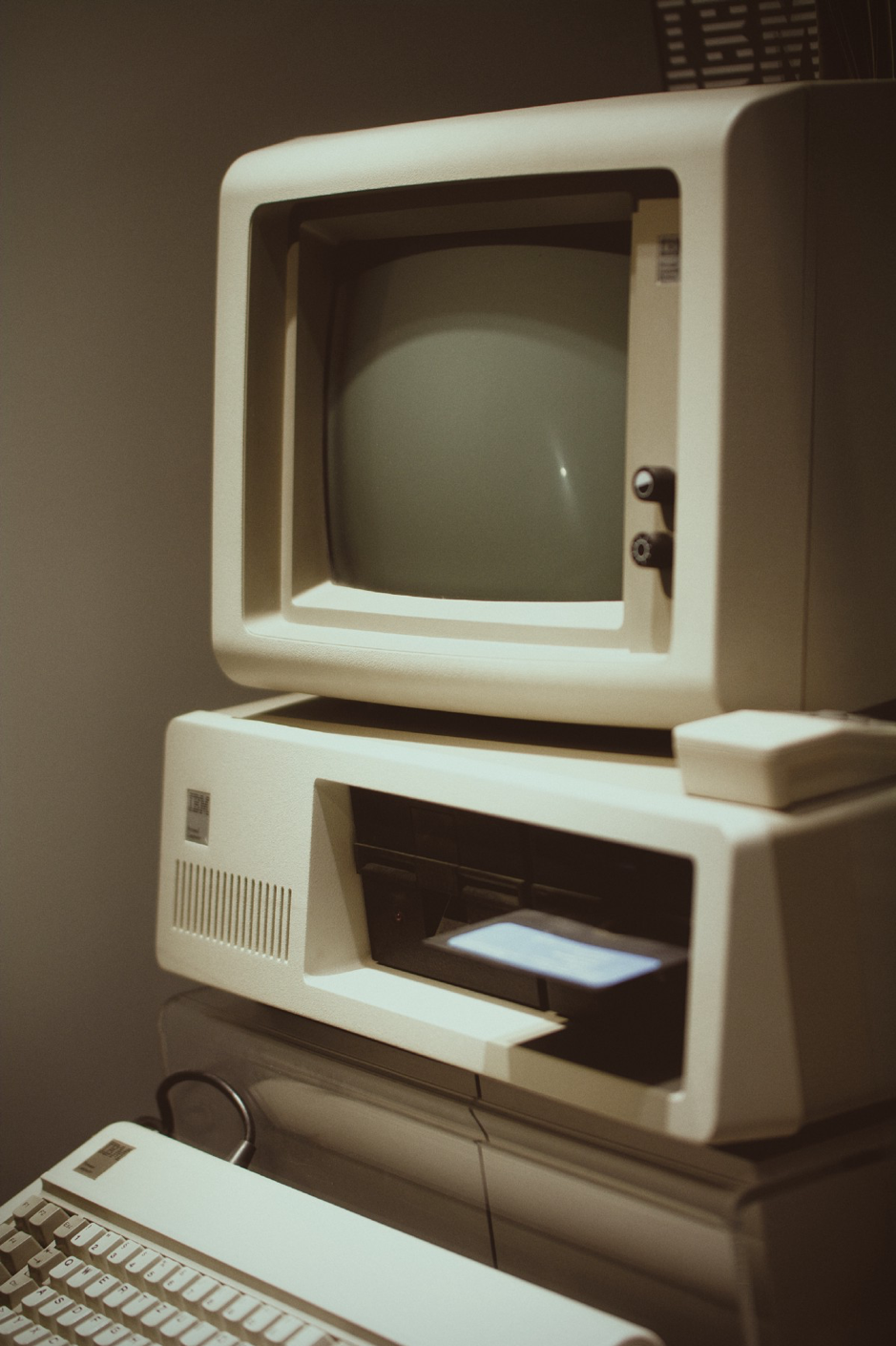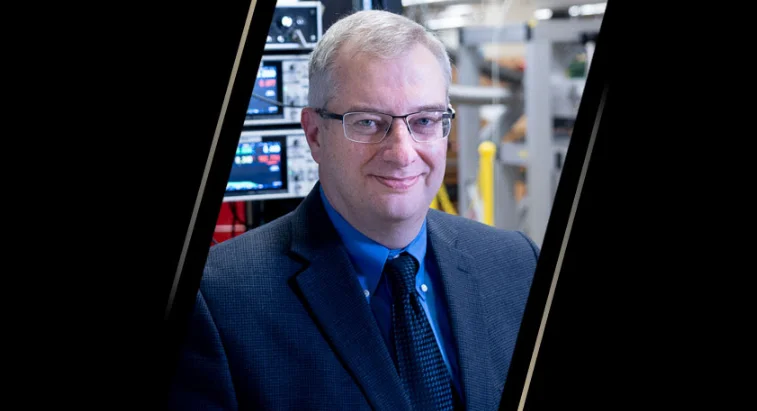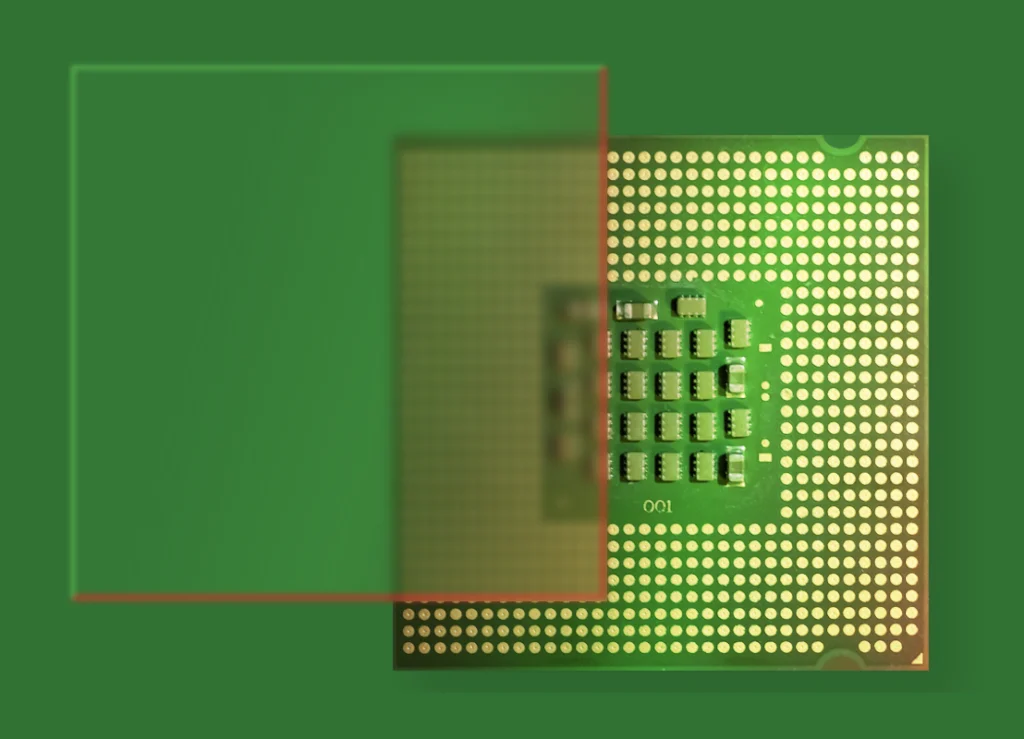Complexity Issues
Quantum computing (QC) is the next generation of technology which is creating a paradigm shift of such epic proportions it is historic in context. Clearly, it is a no-brainer that as time goes by, we will be using this technology more and more. At the moment, however — due to the complexity and cost of development — these devices are only available to researchers and university departments.
Already we can see how they are improving: almost daily we hear news that the hardware is improving with the amount and quality of qubits exponentially rising, not to mention alternative exclamations in new, improved architectural systems, from ion trapping, supercooled superconductors down to light photon solutions and quantum annealing.
And we can be sure, too, that there will be far more down the line, offering us ways to enhance the power of the quantum world and serve humanity.

False Hope
Yet because of the excitement stirring the imagination of experts and academics in this relatively new technology — especially in regard to the internet — a lot of it ends up being false news, of bad source, which can easily be interpreted by the lay population as the advent of ‘quantum supremacy’, the belief that quantum computers will be able to operate better and faster than the classical models, giving people a sense of false hope that quantum computing technology is already here or very soon will be.

This is a false premise.
Too many people, those standing to earn a hefty profit off of quantum computer research, have their heads in the clouds. They don’t understand the real science and research behind the scenes, of what goes on in the multimillion-dollar labs around the world from China to Switzerland to California.
Apart from a few exceptions, the common belief is quantum supremacy is a long time still in the future, decades away, in fact.
Before all that, though, we need to find answers to the constant problems that quantum computers throw in our faces in regard to outside noise interference, scalability issues, the connectivity of qubits as well as other concerns.
I hear sighs, but we need to walk before we can run that marathon.
This doesn’t imply quantum computers aren’t going anywhere, that they’re an area of technology not worth investing in and having a more serious attitude about.
It is the opposite in reality.
What we should be thinking of is how to amalgamate classical computers, and even our more advanced supercomputers, with those of quantum architectural systems, creating a useful hybrid model that takes the best of both worlds. To do this, however, we will have to utilize the positive capabilities of both systems.
Exemplars in the Field
For instance, classical computers have large memories and are able to store huge amount of data, a talent that quantum computers sincerely lack at the moment as the number of workable qubits in most operating systems is currently too low to offer a useful solution. IBM’s fifty-qubit quantum computer and Google’s seventy-two-qubit model are the best of the bunch, yet still severely lack the power and positive use-case examples.
Already such developments in software applications with hybrid algorithms are taking place, with collaboration between researchers at Fujitsu Laboratories of America, Clemson University, the U.S. Department of Energy’s (DOE), the Argonne National Laboratory, as well as the Los Alamos National Laboratory.

A pioneer in the QC sphere, the Canadian company D-Wave Systems, founded in the early days of quantum computer research in the late-1990s, has released their D-Wave Hybrid. This open-source system will make it easier for programmers and developers to create quantum applications that have the best of classical and quantum systems.
“Quantum hybrid development very quickly brings the power of classical computing and quantum computing together. In fact, we expect most applications of our quantum technology to be run as hybrids of quantum and classical computation, much as CPUs and GPUs work together for many tasks today.”
— Alan Baratz, executive vice-president and chief product officer at D-Wave.
Improvements Needed
With the collective brainpower of all the institutions working together to solve these hard problems, it is only a matter of time before they come up with some workable solutions to the current issues.
Whatever the approach initiated, we can be sure that any hybrid-classical approach in advancing the efficacy of quantum computer systems is going to take a lot of effort, both in terms of hardware and software development, though as qubit fidelity improves, runtimes extend by eradicating noise and other extraneous oddities, we will be able to deal with far more difficult computations and other puzzles that currently hound experts in the sphere.














